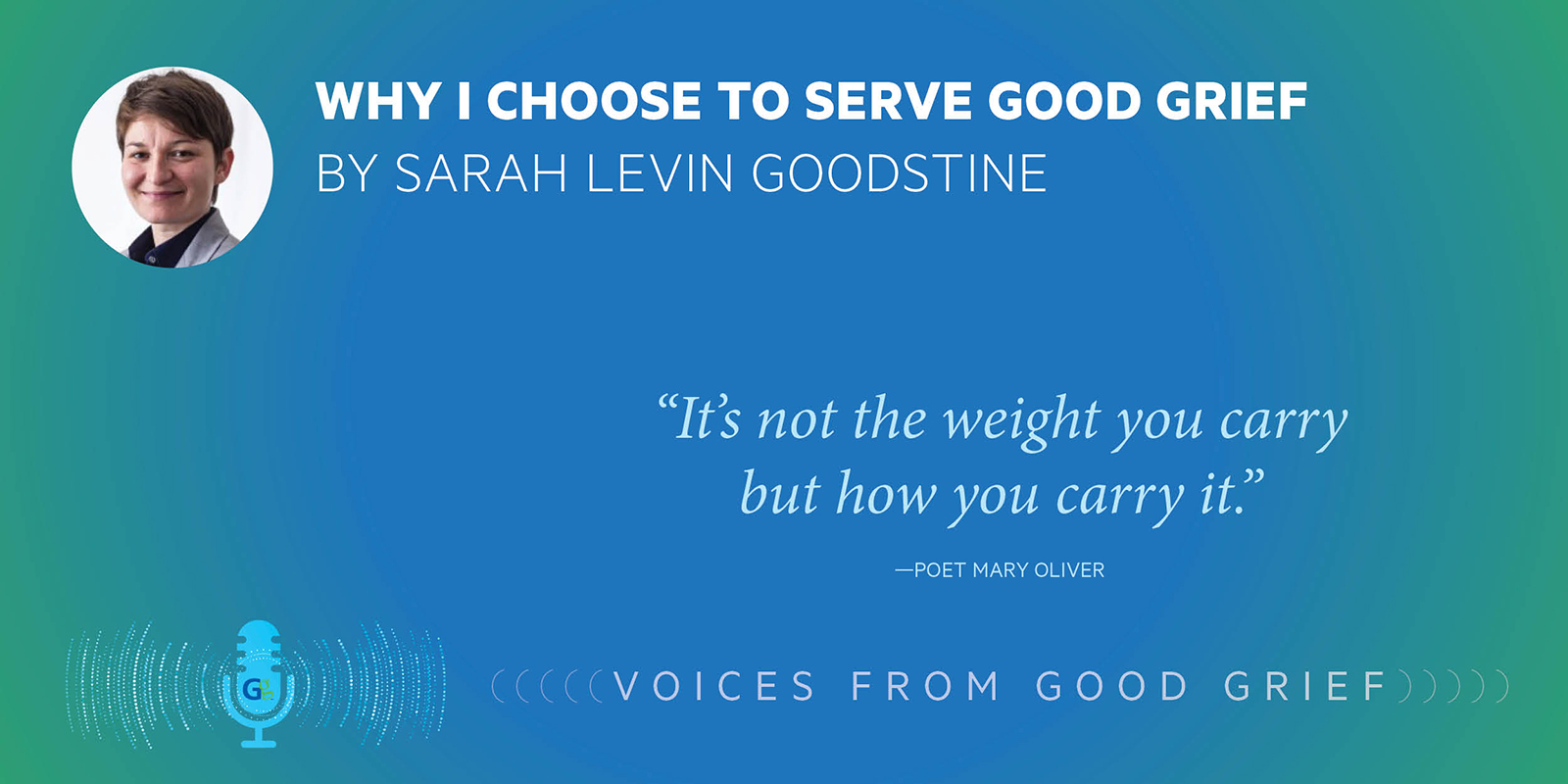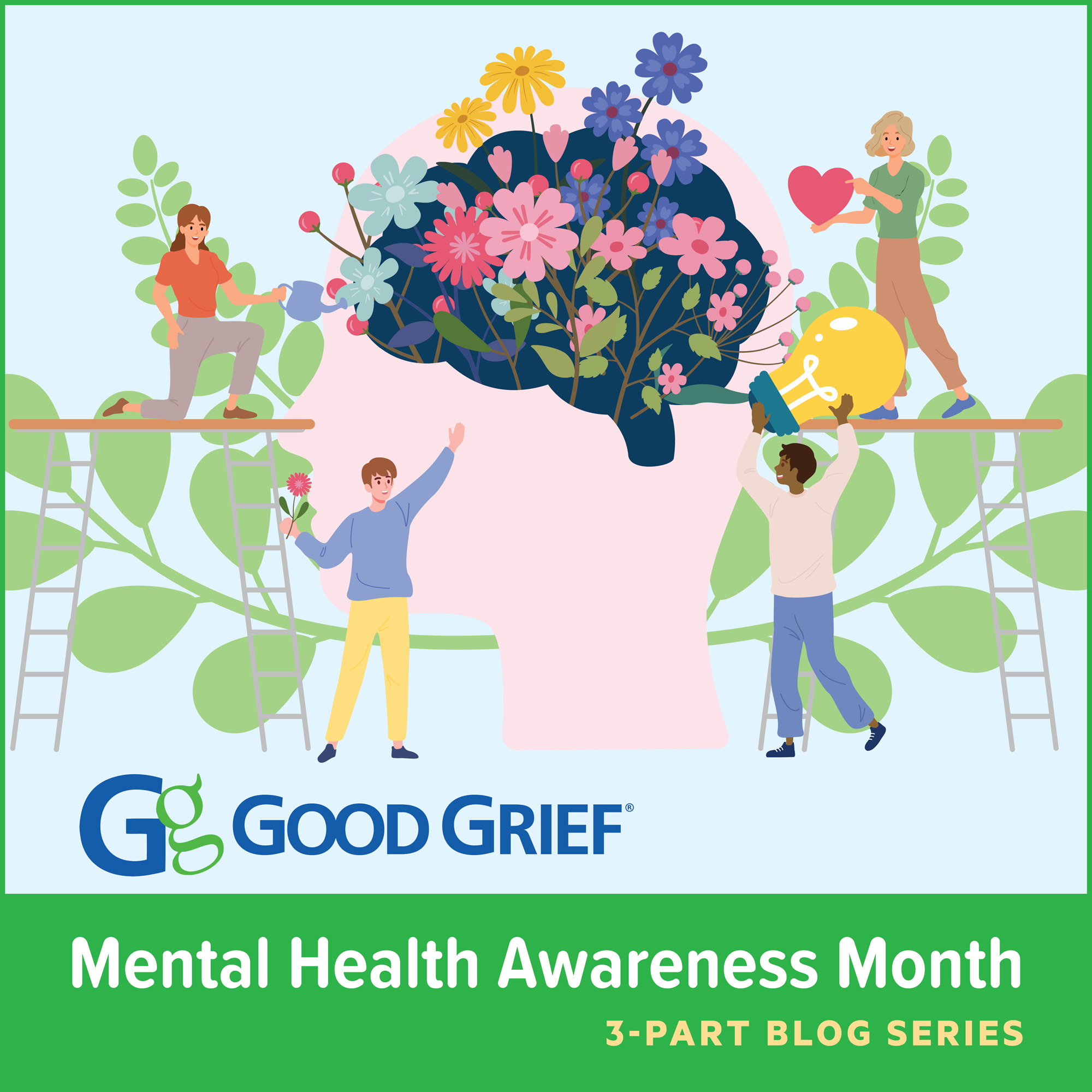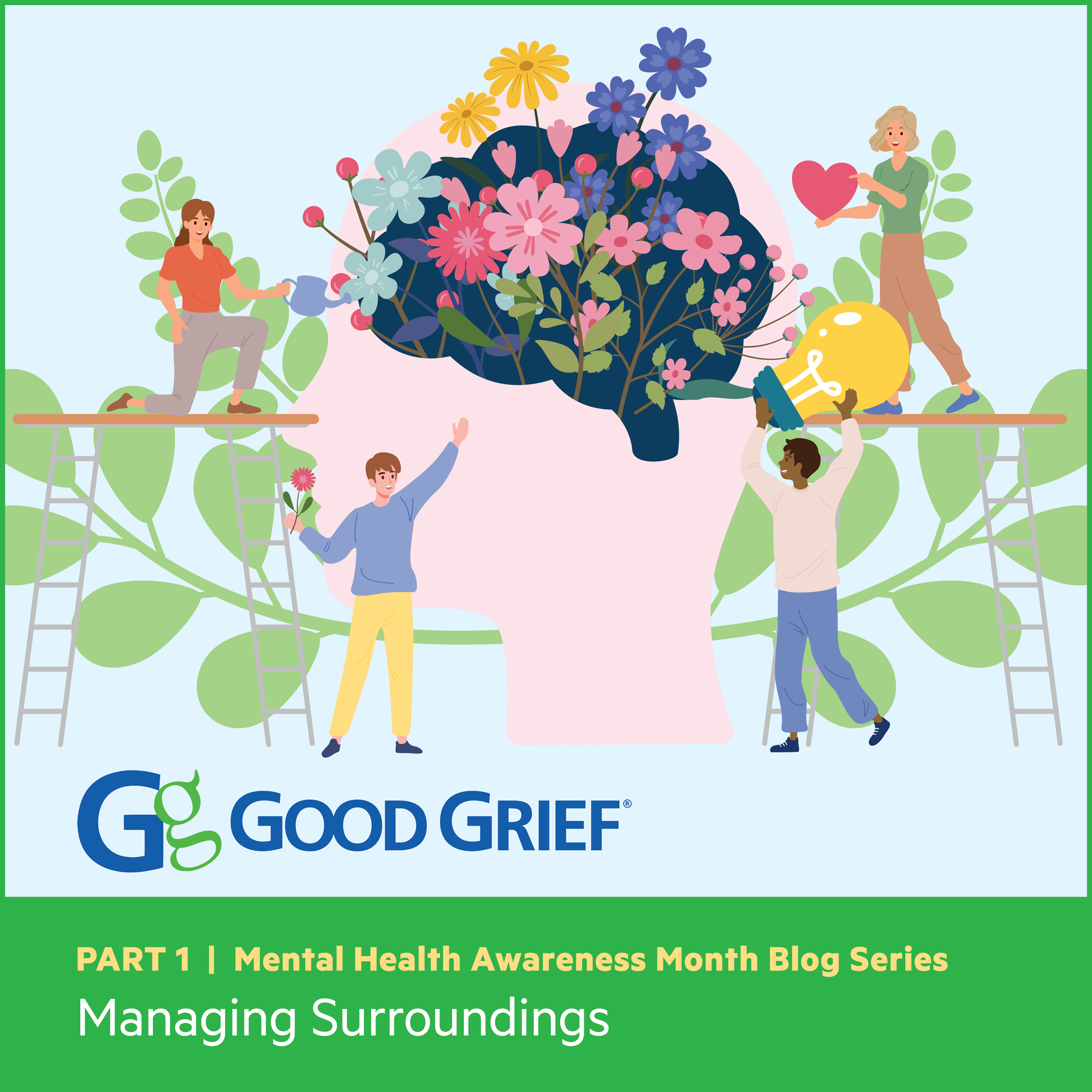
Grief at Work – When the Personal Meets the Professional
Grief at Work – When the Personal Meets the Professional
Five years ago, Facebook executive Sheryl Sandberg co-authored Option B – Facing Adversity, Building Resilience and Finding Joy, a memoir about her grief journey following the sudden death of her husband Dave. The book helped touch off a global conversation about how people can cope with loss and help bereaved friends. It also broke new ground for its exploration of grief in the workplace.
Sandberg wrote candidly about the loneliness and isolation she felt returning to work. “When I came back to work, I was so overwhelmed with grief that I could barely get through a day or even a meeting,” said Sandberg who described how her self-confidence “crumbled” as she worked to re-integrate back into her day-to-day work routine.
Sandberg has been a prominent voice in the call to create workplaces that are more prepared to support the needs of employees grieving a loss. Her own company responded by introducing a bereavement policy that provides up to 20 days paid leave to employees grieving the loss of an immediate family member. Many other companies have followed suit and now offer paid bereavement leave and other benefits to their employees. But more progress is needed to elevate the conversation regarding grief at work, introduce new policies, and increase the grief support people receive.
Giving Employees Time and Space to Navigate Loss
The impact of the global pandemic has accelerated changes in all aspects of the workplace including how employers respond to grief and loss. More companies are recognizing the need to give employees the time and space they need to navigate personal loss. And, as the line between our work and personal lives has become more blurred during the pandemic, conversations about grief and adversity are becoming more common and accepted every day in work settings.
Employers and managers can play a critical role in creating a more compassionate culture and ensuring employees feel supported as they navigate their grief. Here are five tips to keep in mind.
5 Tips for Supporting Grieving People at Work:
Tip 1: Ask them what they need
While grief is universal, it is also unique to each of us so knowing how an employee feels can be difficult to gauge. That’s why it’s best to have a candid conversation to understand how you can best support them. Make the most of the resources you have to offer to try to meet their needs wherever possible.
Tip 2: Respect privacy preferences
Privacy during grief is just as important as support. Some employees may not be ready to share their loss with co-workers right away while others may want it out in the open as soon as possible. Respect their wishes.
Tip 3: Check in To see how they’re coping
Returning to work after the loss of a loved one can be an unsettling experience for people who are grieving. Check in regularly to see how they’re feeling. On a consistent basis, be sure to let the employee know you’re there for them and ready to help any way you can.
Tip 4: Acknowledge their contributions
Grieving employees often feel a loss of confidence when returning to work and the day-to-day demands of their jobs. Managers and co-workers who make a conscious effort to acknowledge the contributions of these employees can help rebuild their confidence at a time when they are most vulnerable.
Tip 5: Access grief support resources
Taking the time to process and grieve the loss of a loved one can be a challenge for employees balancing the demands of personal and work lives. Help them get started by researching and referring them to grief support or counseling services specializing in bereavement support.
Good Grief – We’re Here to Help
At Good Grief our mission is to build resilience in children, strengthen families and empower communities to grow from loss and adversity. Our programs include training school staff, community groups and various workplace settings including nonprofit organizations and corporations how to support their employees as they navigate grief and empowering them to build resilience to grow from loss and adversity. For more information, visit our website or reach out to us directly.






